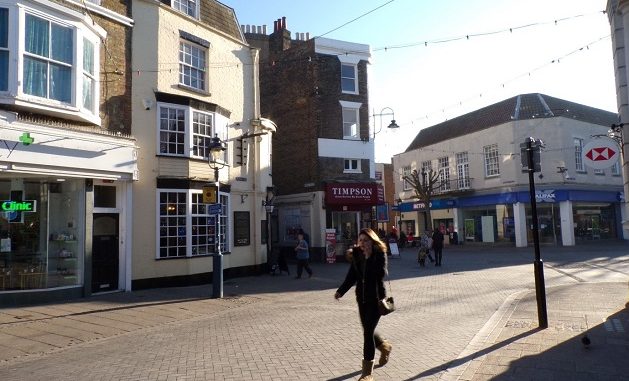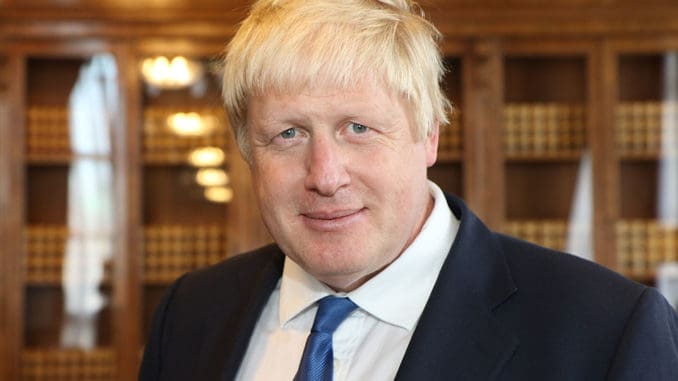
Thanet’s share of a £50 million government fund for councils in England to prepare for the safe reopening of high streets and other retail spaces amounts to £126,456
The money is to be used to help businesses with practical measures so they can re-open quickly when they are allowed to.
The fund was announced by Minister Simon Clarke yesterday (May 24).
He said the Reopening High Streets Safely Fund will help councils introduce a range of safety measures to get non-essential shops back open, including new signs, street markings and temporary barriers for high streets, town and city centres, beachfronts and promenades.
Councils can also use the money for local marketing campaigns to explain the changes to the public and reassure them that high streets and other commercial areas are safe.
The measures are to help as businesses look to reopen on June 1, for markets and car showrooms, and June 15 for non-essential retail,
High Streets Minister Simon Clarke MP said: “As we begin to slowly return to normality, the re-opening our high streets will be key to kick-starting our economic recovery.
“Levelling up the regions and supporting our high streets has always been central to the mission of this government.
“Many businesses have already introduced creative ways of trading such as contactless collection or taking orders by instant messaging and shows that they are ready for the challenges ahead.
“That’s why we are providing an extra £50 million for councils to support a range of safety measures that will help get these businesses back on track and ensure that people can enjoy their time visiting their local high street safely again.”
The cash comes from the European Regional Development Fund (ERDF) and will be ready to spend from June 1.

Today (May 25) Prime Minister Boris Johnson outlined some of the plans for the reopening of outdoor markets and car showrooms from June 1 and non-essential retail from June 15.
He said: “Today, I want to give the retail sector notice of our intentions to reopen shops, so they too can get ready.
“So I can announce that it is our intention to allow outdoor markets to reopen from June 1, subject to all premises being made COVID-secure, as well as car showrooms, which often have significant outdoor space and where it is generally easier to apply social distancing.
“We know that the transmission of the virus is lower outdoors and that it is easier to follow Covid Secure guidelines in open spaces. That means we can also allow outdoor markets to reopen in a safe way that does not risk causing a second wave of the virus.
June 15 – Retail
“Then, from June 15, we intend to allow all other non-essential retail, ranging from department stores to small, independent shops, to reopen. Again, this change will be contingent upon progress against the 5 tests and will only be permitted for those retail premises which are COVID-secure.
“Today we are publishing new guidance for the retail sector detailing the measures they should take to meet the necessary social distancing and hygiene standards. Shops now have the time to implement this guidance before they reopen. This will ensure there can be no doubt about what steps they should take.
“While the vast majority of businesses will want to do everything possible to protect their staff and customers, I should add that we will, of course, have the powers we need to enforce compliance where that is required.
“I want people to be confident they can shop safely, provided they follow the social distancing rules for all premises.”
Non-essential shops will include those selling clothes, shoes, toys, furniture, books, and electronics, plus tailors, auction houses, photography studios, and indoor markets.
Businesses will only be able to open from these dates once they have completed a risk assessment, in consultation with trade union representatives or workers, and are confident they are managing the risks.
Hairdressers, nail bars and beauty salons, and the hospitality sector, remain closed, because the risk of transmission is higher.
Reopening High Street fund amounts:
Ashford £116,814
Canterbury £146,699
Dover £105,542
Folkestone and Hythe £100,751
Thanet £126,456

